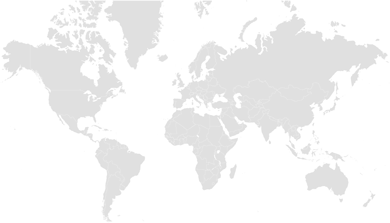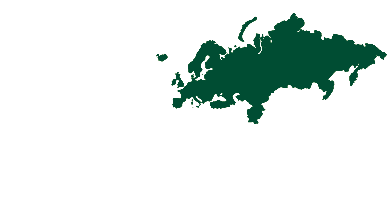Case study
2016 • Delft University of Technology Adaptive and dynamic policy making for sustainable recovery of various resources from wastewater streams
This case study focuses on the strategies employed to recover resources from Amsterdam’s wastewater. The research project involves Waternet, the municipal water authority, along with Delft University of Technology. The study highlights the use of dynamic adaptive policy pathways to identify and implement resource recovery strategies in complex and uncertain systems. The main products recovered include alginic acid, bioplastic, cellulose, phosphorus, and biogas. These strategies contribute to Amsterdam’s transition towards a circular economy. This case study provides a model for other cities aiming to implement similar sustainable solutions.
Recovered Materials & Products
Biogas
Struvite
Bioplastics
Cellulose
Alginic acid
Waste Streams
Wastewater
Confirmed countries
Guatemala


Background and context
The case study takes place in Amsterdam, Netherlands, and focuses on resource recovery from wastewater. It addresses key challenges such as the increasing scarcity of natural resources, the need for sustainable urban water management, and the lack of coherent methodologies for planning resource recovery initiatives. By integrating advanced analytical and strategic planning tools, the project aims to optimize wastewater management while promoting circular economy principles.
Approach
A range of innovative methodologies was used to develop effective resource recovery strategies. The Dynamic Adaptive Policy Pathways framework was employed to explore long-term strategies under different future scenarios, while Material Flow Analysis (MFA) was used to quantify organic matter and phosphorus in wastewater. The biomass value pyramid helped prioritize resource recovery products based on their economic and environmental value, and a strategy diagram was created to evaluate different recovery measures. Key stakeholders included Waternet and Delft University of Technology, who collaborated on identifying, analyzing, and refining resource recovery strategies.
Outcomes and Impacts
Diverse coherent and feasible strategies for resource recovery from wastewater in Amsterdam.
Lessons learned
The adaptive policymaking approach proved highly effective in developing viable resource recovery strategies within a coherent and flexible framework that can be periodically revised and updated. This adaptability makes it well-suited for application in urban wastewater management, particularly in the face of uncertain future scenarios. However, successful implementation requires strong policy support and active stakeholder collaboration to ensure long-term sustainability. While the outlined strategies provide a robust foundation, further technical and economic feasibility studies are essential to assess their practicality and optimize their real-world application.
Learn more
This case study was extracted from the journal article: van der Hoek, J. P., de Fooij, H., & Struker, A. (2016). Wastewater as a resource: Strategies to recover resources from Amsterdam’s wastewater. Resources, Conservation and Recycling, 113, 53–64.
DOI: 10.1016/j.resconrec.2016.05.012
Technologies
Anaerobic digestion
Struvite precipitation
Ammonia stripping
Air and steam stripping
Nereda
Themes
Assessment
Policy and regulation